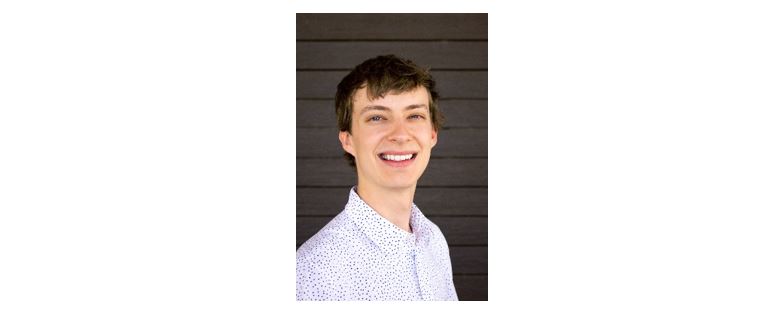Innovation and entrepreneurship are essential skills in today’s rapidly changing economy. Even though entrepreneurship is traditionally thought of as a skill employed in startups. The ability to identify opportunities, create unique solutions, and take calculated risks are highly valued in industry. Arizona State University (ASU) has recognized the importance of these skills and has integrated them into its engineering curriculum. One example of this integration is FSE 301 Entrepreneurship and Innovation, a course offered as a graduation requirement for Electrical Engineering students. Jack Snyder, an ASU Electrical Engineering student, took this course and developed a product called Adaptive™, which simplifies the charging process for Electric Vehicle users. The product provides optimized charging based on peak hours, work schedule, and more.
Throughout the course, students are expected to apply entrepreneurship methods and strategies to create a unique product or service that would be presented to the class. All FSE 301 students were encouraged to do Marketplace Conversations with at least twenty-four individuals to understand the problem from the users’ perspective. This allowed him to identify a specific person’s EV charging problem and provide a solution. Jack created a Google Form that allowed him to address a wider audience with his marketplace conversations. This form was broadcasted across a wide variety of platforms to get as many perspectives as possible.
The skills learned in the course were directly correlated to the information Jack used in his final interview process for a Full-Time position as a Product Marketing Engineer in the semiconductor industry. As part of the interview, Jack was asked to present a new product or venture to a group of 20-30 existing employees. The first part of the presentation was focused on framing the conversation by answering questions such as “What is the market need for this product?” and “Describe the application and its uses in the marketplace.” The second part of the presentation was focused on reaching the target clients, including the key messages that the reader needed. The prompt provided by the company is summarized in the figure below.

Jack’s preparation for the interview included a Pitch Deck he had been working on for FSE 301 that emphasized the same qualities. By focusing on solving a specific person’s problem, Jack was able to simplify the idea to a single person rather than trying to address an entire market. This allowed the audience to understand precisely how this product would solve the problem before introducing a go-to-market strategy that would encompass a larger demographic. The presentation was a success, and Jack was offered the Full-Time position. The skills, methods, and analysis behind the presentation were directly correlated to the information taught by Professor Sebold in FSE 301. Even though this was an Engineering position in a large semiconductor corporation, Jack was able to pull from the skills taught in the Innovation and Entrepreneurship class.
In conclusion, ASU’s integration of innovation and entrepreneurship skills into its engineering curriculum provides students with real-world experience and prepares them for success in their careers. Students like Jack Snyder are proof that these skills are highly valued in industry, and the ability to apply them can be the difference between landing a job or not.
Confused about Adaptive™? Find Jack’s Pitch Deck here.
Want to connect with Jack? Find him here.
